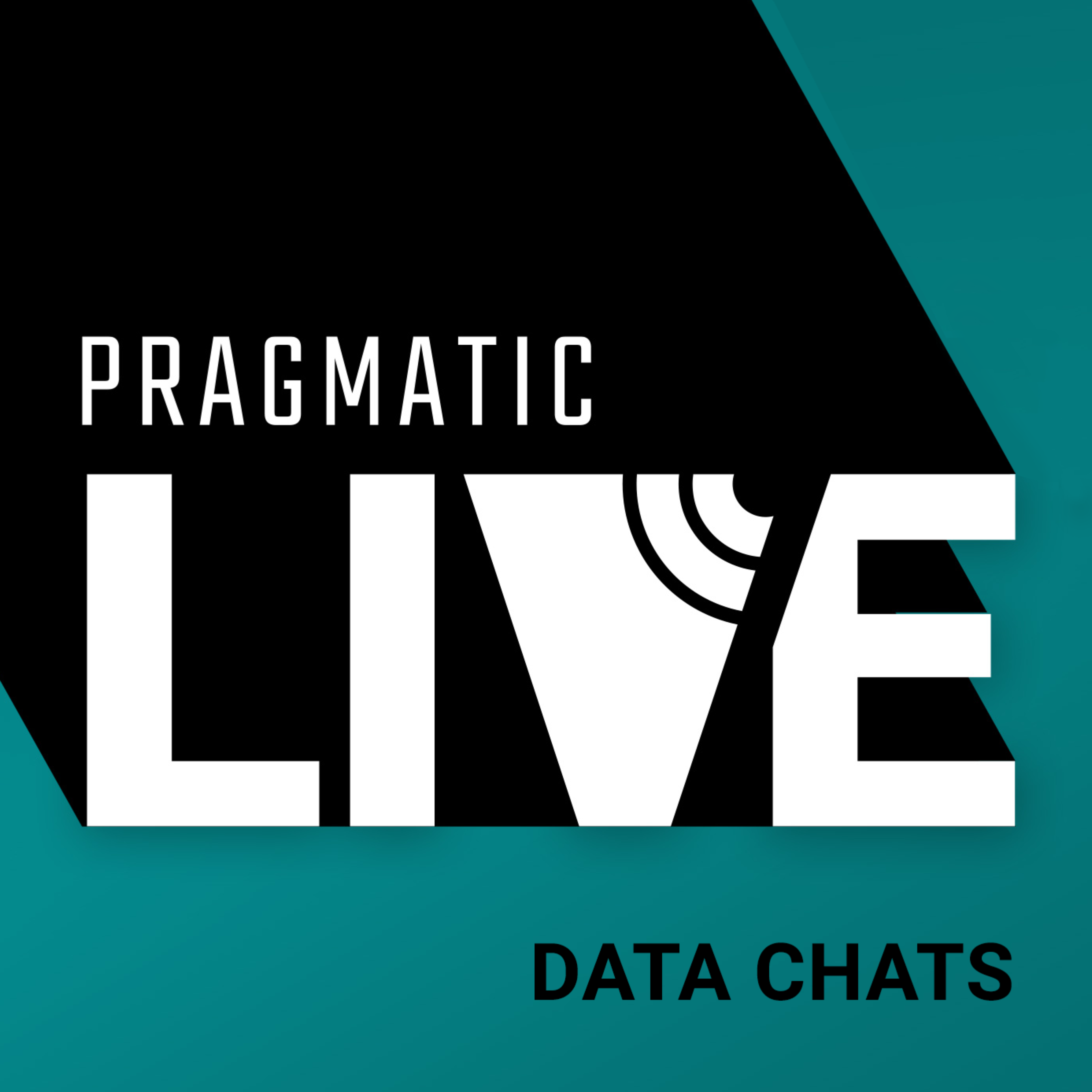Data Chats Podcast
I did a podcast with Chris Richardson of Pragmatic Institute, a California based data science education institute a while back, it is out now. Data Science in Action: Insights from a Leading Textbook Author and Case Studies Friday Jan 06, 2023.
Pragmatic Institute‘s data podcast covers emerging and relevant topics in data science, data analytics, data engineering and pretty much all things data. They have some cool episodes with fellow book authors Charles Wheelan Alberto Cairo and Cole-Nussbaumer-Knaflic as well as data scientits from GoDaddy or Netflix.
Data Chats summary
“We also wanted to use the textbook to talk about important social issues, like, why do men make more than women? And so, one case study is about understanding the gender gap in the US and why is there a 15, 20% difference in earnings.” - Gábor Békés
In this episode of Data Chats, Chris Richardson interviews Gábor Békés. They discuss:
- Detailed process of data analysis
- The most important methods, tools, and skills for future data analysts
- Real life case-studies included in the book
- Implications of data analysis on public policy
- Humility required for the data interpretation process

More details
I talk about
- How we chose the topics to include.
- Why he didn’t include code in the book.
-
Process of producing the code that is on the website.
- Why we chose the case studies that he did.
- One of the cases is around wage differences between men and women.
- What happens when you fire your manager or coach mid-season? Do they improve in the short run?
- Swimming pool tickets—prediction – how many people will come on a given day
- Predict if a firm will default or not in the next two years based on data
- Merger between two airlines in the US figure out the affect on consumers.
- Football (soccer) case, English Premiere League, about changing coaches/managers mid-season.
Some other bits
- We thought long and hard about the first sentence of the book?
- Data (without the theory the effects are silent) is silent without the analysis. You need to not just have the data, but you have to have the context and understanding of the environment of the problem.
What a student who has read this book will be able to do this after reading the book: 95% of what an analyst needs (as pointed out by Joshua Angrist)
- How you start working with your data
- How you find patterns
- Have a prediction mind set—how do I predict outside my data?
- Be able to analyze the causal effects of changes.
- Understand that this is longer journey.
- What one or two things I can do to better tomorrow.
